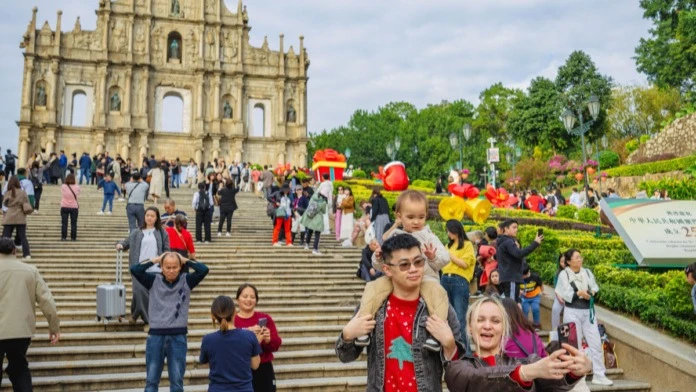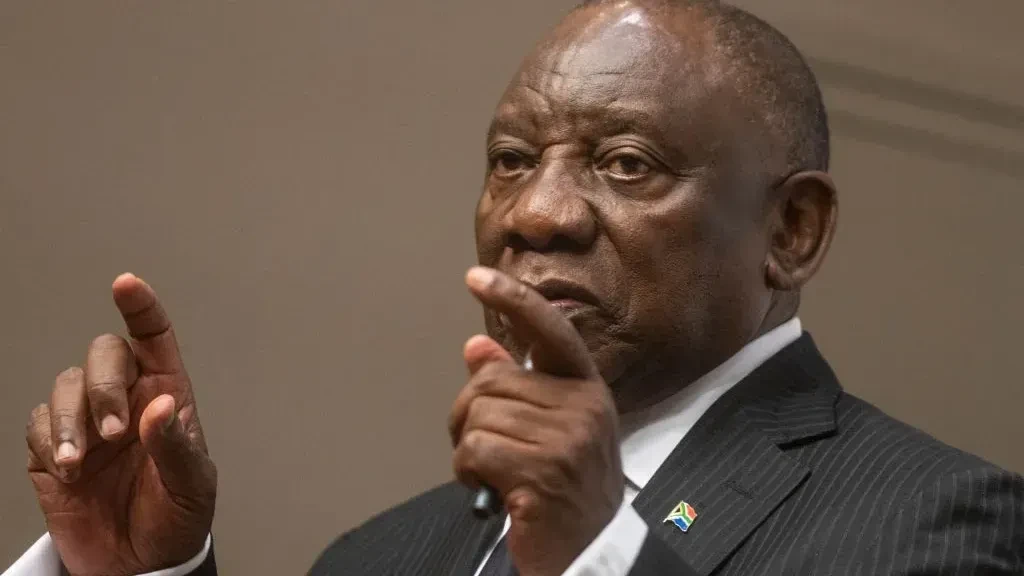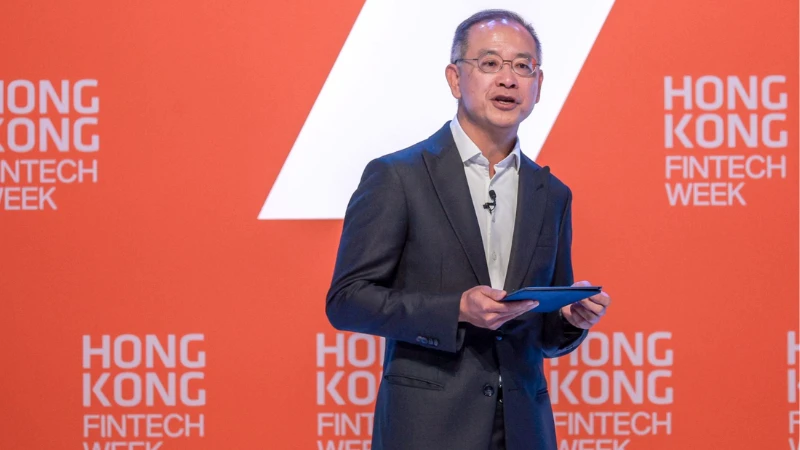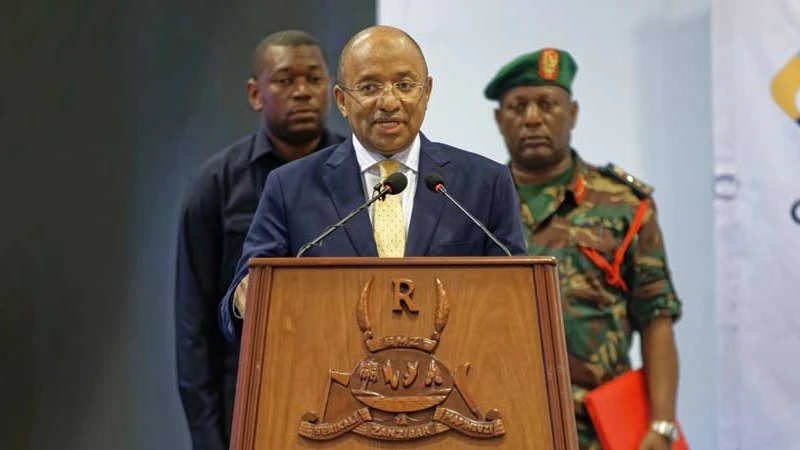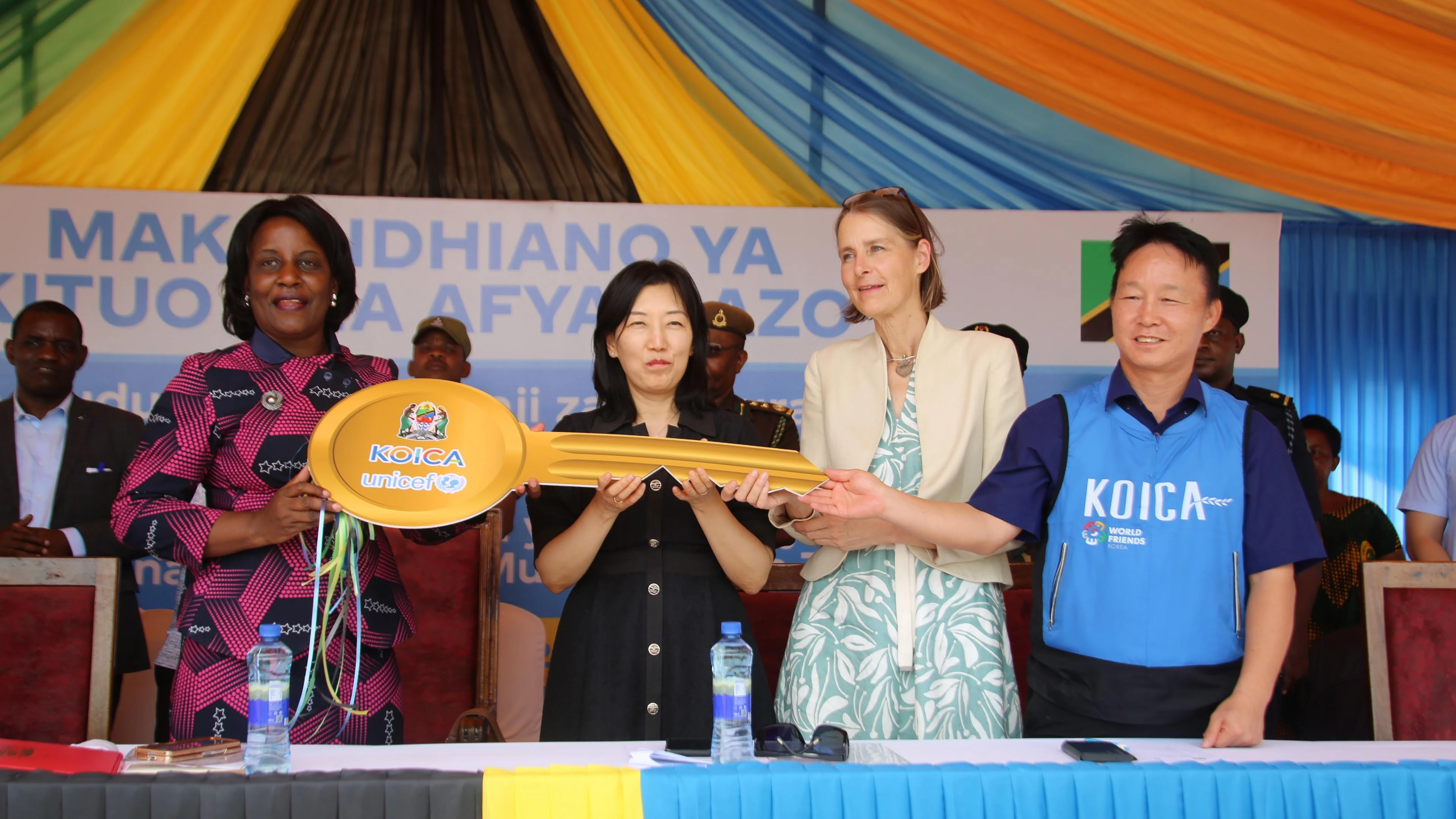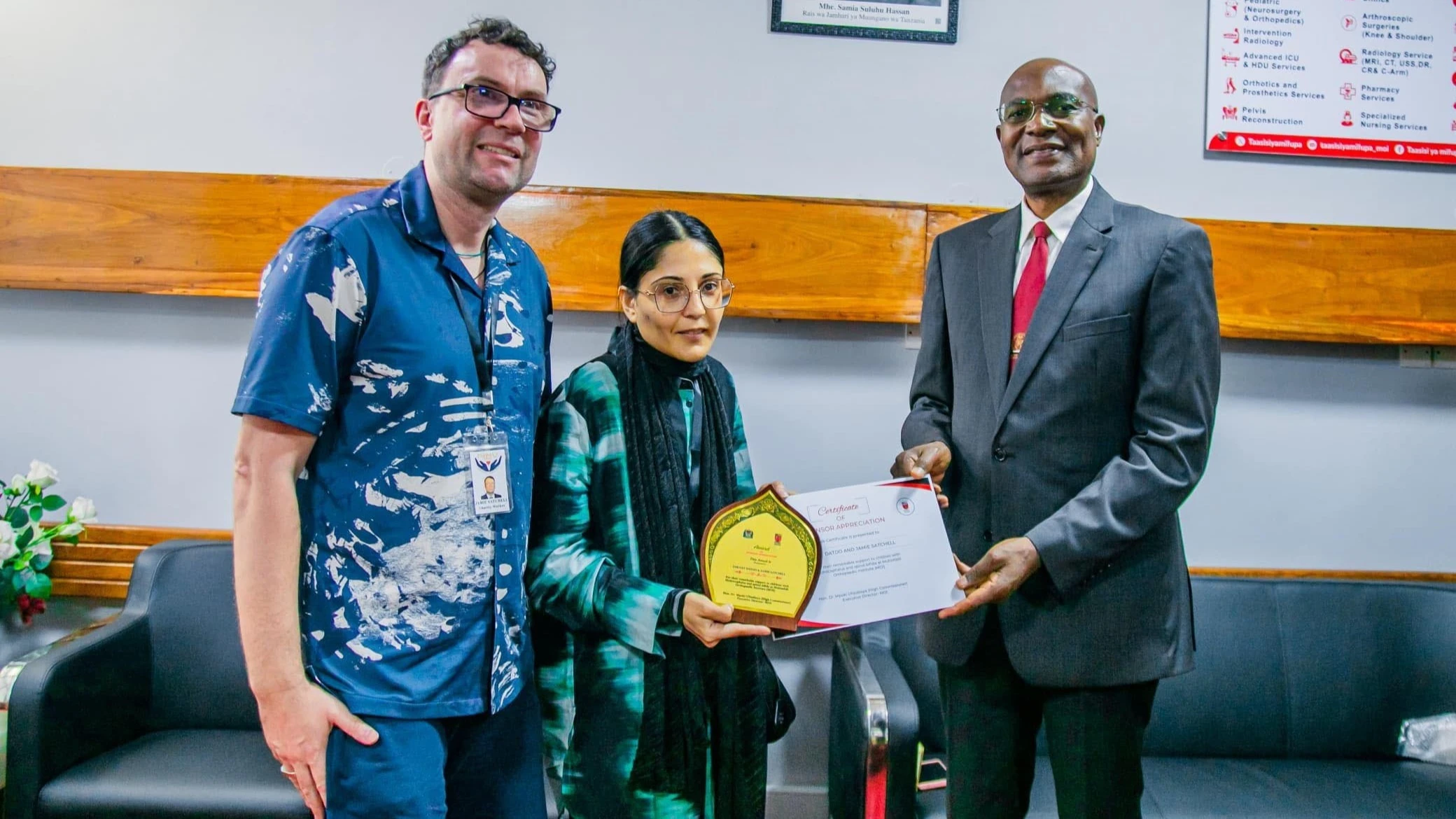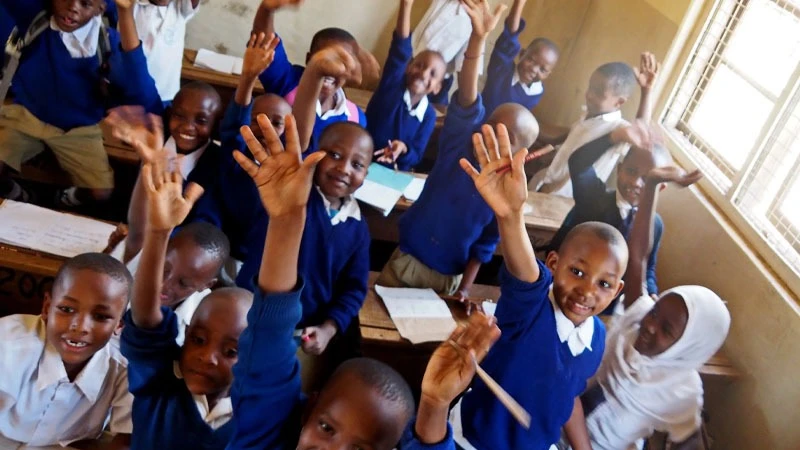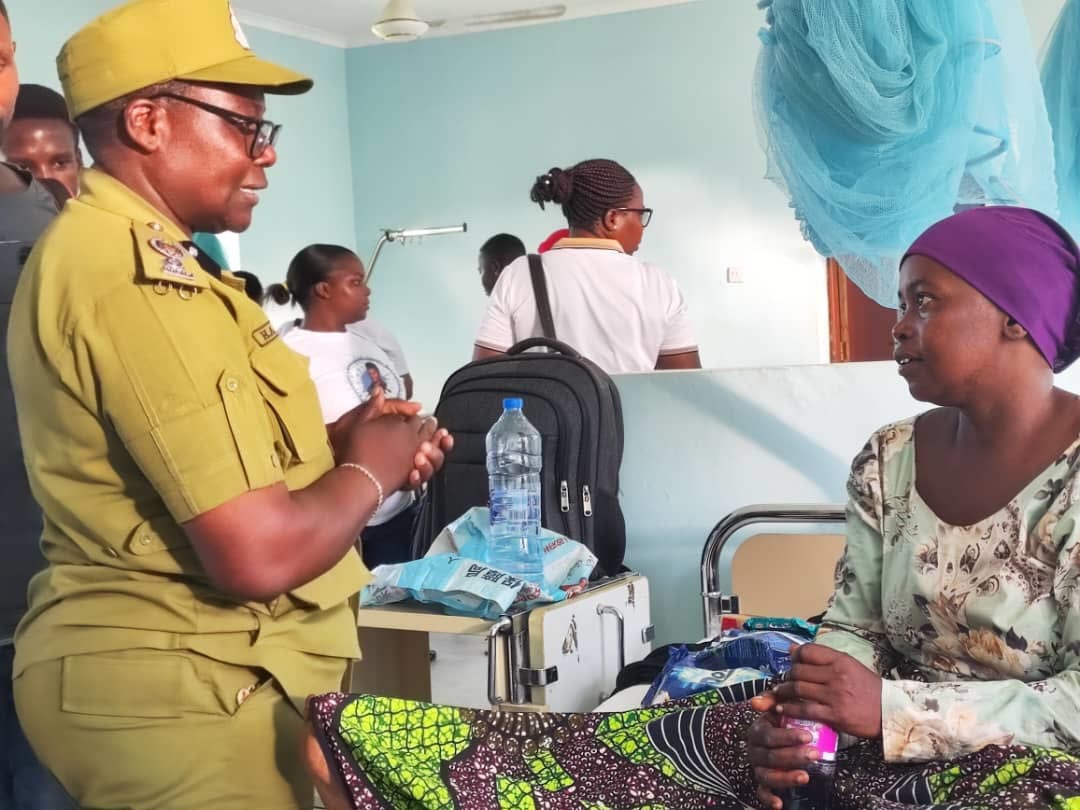Macao: magnetic Chinese hub with multiple charms
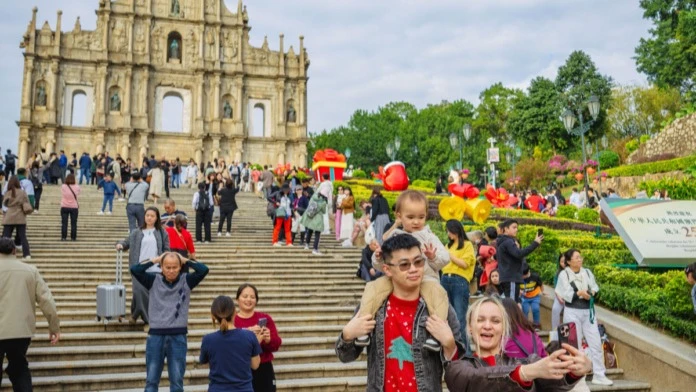
FANG FAN, a resident of Guangzhou, had a clear goal for her recent trip to Macao: to enjoy a front-row seat at a performance by U.S. musical icon Herbie Hancock.
For showgoers like Fang, Macao -- just a two-hour drive south of Guangzhou -- has emerged as a vibrant destination where star-chasing dreams can come true. With an expanding array of high-quality performances and easier access to tickets compared to mainland metropolises, the city is rapidly growing in cultural appeal.
As a major trade port under Portuguese occupation for centuries, Macao returned to the motherland, China, on Dec. 20, 1999, when the Macao Special Administrative Region (SAR) was established.
Over the past 25 years, Macao has transformed into a multifaceted hub, evolving beyond its moniker as the “Las Vegas of the East.” It now seeks to establish itself as a global center for tourism and leisure, while also diversifying into industries such as culture and sport.
CITY OF PERFORMING ARTS
Years ago, Macao’s cultural landscape was vastly different. Few people considered traveling there for live concerts. Wu Zhiliang, president of the Board of Directors of the Macao Foundation and a resident of the city for nearly 40 years, recalled a time when even free performances failed to draw local audiences.
Since its return to the motherland, however, Macao has developed into a destination capable of attracting world-class artists such as Spanish tenor Placido Domingo and Herbie Hancock.
This transformation has been fueled by the SAR’s growing prosperity under the “one country, two systems” policy -- a unique arrangement that allows it to maintain its capitalist system and way of life within socialist China. By 2023, Macao’s per capita GDP had more than quadrupled compared to 1999, reaching nearly 70,000 U.S. dollars.
Modern venues like the Macao Cultural Center have played a pivotal role in hosting performances, while the SAR has also leveraged its rich cultural heritage. In October 2024, renowned Chinese-American pipa virtuoso Wu Man performed at the Dom Pedro V Theater, the first Western-style theater built in China in 1860.
“The historic venue blends beautifully with the pipa, a traditional Chinese instrument,” Wu Man told Xinhua. “The atmosphere was excellent, and I could feel the audience’s enthusiasm for the captivating sounds and melodies.”
Major entertainment companies are also recognizing Macao’s potential. On Dec. 7, 2024, the Galaxy Arena hosted the iQIYI Scream Night, a star-studded event celebrating top entertainment achievements. This marked the second consecutive year the leading online entertainment platform chose Macao for its annual extravaganza. According to iQIYI, the event drew hundreds of industry stars, thousands of live spectators, and hundreds of millions of online viewers.
The city’s growing reputation as a cultural hub is evident in its statistics. The SAR’s 2023 Yearbook of Statistics reported over 55,000 public performances and cultural exhibitions held that year, a significant increase from approximately 38,000 in 2013.
Generation Z artist Kun Wangtou, an emerging figure in the local art scene, said exhibitions are now a constant presence in the city.
Despite his youth, Kun’s reputation has kept him busy traveling between Macao and the Guangdong-Macao In-Depth Cooperation Zone in Hengqin, Zhuhai. His works are currently being showcased in both locations, where he often provides personal introductions for visitors.
Kun, who initially worked as a photographer after earning his bachelor’s degree in Boston, decided to return to his hometown to focus on his art. “I am deeply indebted to my hometown for the unwavering support it has given me,” he said.
APPEAL OF HIGHER LEARNING
Yanick De Almeida, a freshman at the University of Macao (UM), chose this city for its reputation as a calm and secure place to live. When the young Angolan arrived, he was pleasantly surprised by what he found.
“I initially thought Macao would be like the Chinese mainland, where everyone speaks Putonghua,” Almeida said. “But I quickly discovered that many of my fellow students here also speak Portuguese or English.”
For Sofia Costa, an exchange student from the University of Porto in Portugal, studying in Macao has been a transformative journey of personal and professional growth. Currently studying supramolecular chemistry and traditional Chinese medicine (TCM) at UM, she described learning TCM as “a once-in-a-lifetime opportunity.”
“Immersing myself in Chinese medicine has been a fascinating experience,” Sofia said. “I’m confident that the knowledge I gain here will be invaluable throughout my career.”
Data from UM shows that the university currently hosts more than 350 international students from about 50 countries and regions, including the United States and Japan, marking a 360 percent increase compared to a decade ago.
UM is one of 10 higher education institutions in Macao, a city with a population of about 690,000. Among them, the Macao University of Science and Technology (MUST) stands out as a prime example of the SAR’s growing appeal as an academic destination.
Founded in 2000, MUST has rapidly developed into the largest multi-disciplinary university in Macao, enrolling approximately 23,000 students, 94 percent of whom come from outside the SAR.
Over the past 25 years, Macao’s academic reputation has grown significantly. As the historical site of St. Paul’s College -- the first university in the Far East -- Macao continues to build on its legacy of higher education. Today, UM ranks among the top 250 universities globally, underscoring the St. Paul’s Collegeto academic excellence.
Xinhua
Top Headlines
© 2024 IPPMEDIA.COM. ALL RIGHTS RESERVED








